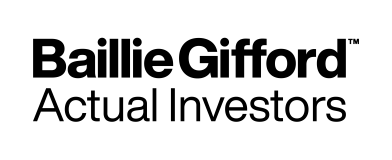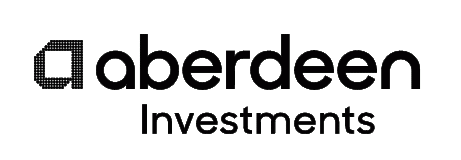The Hill Review recommends changes to the UK listing rules. It may help shake off the fuddy-duddy reputation of UK markets.
- The new rules could allow dual share class structures, alongside changes to the minimum free float.
- The UK markets are currently focused on a narrow range of fairly well-established but dull sectors.
- If the moves are implemented and work successfully, the potential rewards could be significant.
A new report has recommended changes to the UK listing rules to encourage more businesses to list in London. The changes could be vitally important, expanding and modernising the UK stock market and making it a vastly better hunting ground for UK investors.
Attention has focused on whether it will help the UK compete with the Amsterdam Exchange post-Brexit. The Dutch exchange took over as Europe's top share trading hub in January. However, far more important is whether the rule changes manage to attract innovative young businesses to list here.
The situation is pressing. The UK markets are currently focused on a narrow range of fairly well-established but dull sectors – banks, oil, mining, pharmaceuticals. Many of its largest companies are on the wrong side of the ESG trade and may have some difficult restructuring ahead. They are undoubtedly well-run blue chips, but present few interesting opportunities for investors.
Unlike the US market, sectors such as technology are barely represented at all among large caps and only lightly among smaller companies. This isn’t because technology companies aren’t represented in the UK economy, but often because they have chosen to raise money abroad. If the UK stock exchange couldn’t find a way draw in new companies, the UK markets could have been permanently lacklustre.
The recommendations suggest that companies in the premium listing segment should be allowed to sell ‘dual-class’ shares, which would allow founders to retain control over specific decisions, such as mergers and takeovers. The report also recommends the minimum amount of shares open to public trading reduce from 25% to 15%.
If the moves are implemented and work successfully, the potential rewards could be significant. The UK currently has around 80 unicorns (private companies with a value of over $1bn). This is more than any other European nation, including Germany, the Netherlands and France combined. This includes high profile names such as Deliveroo and Transferwise. All the new rules need to do is persuade them to list in their home country rather than abroad and many of the UK market’s problems will be solved.
Inevitably, there will be questions over whether this dilutes the UK’s reputation for strong governance. It is plausible, but if it is stopping good businesses listing in the UK, many will consider it a price worth paying.









